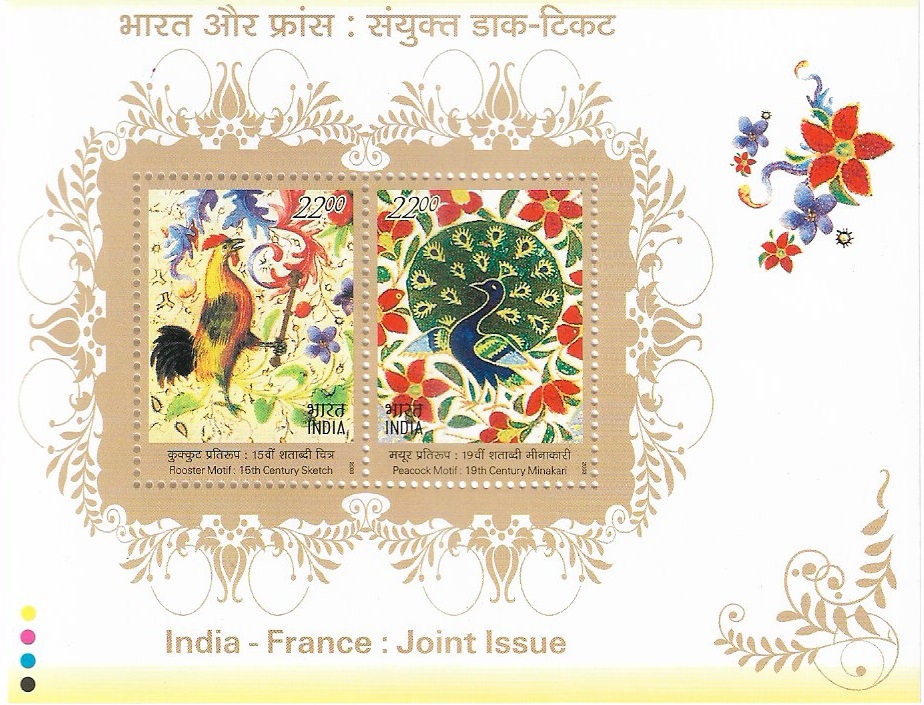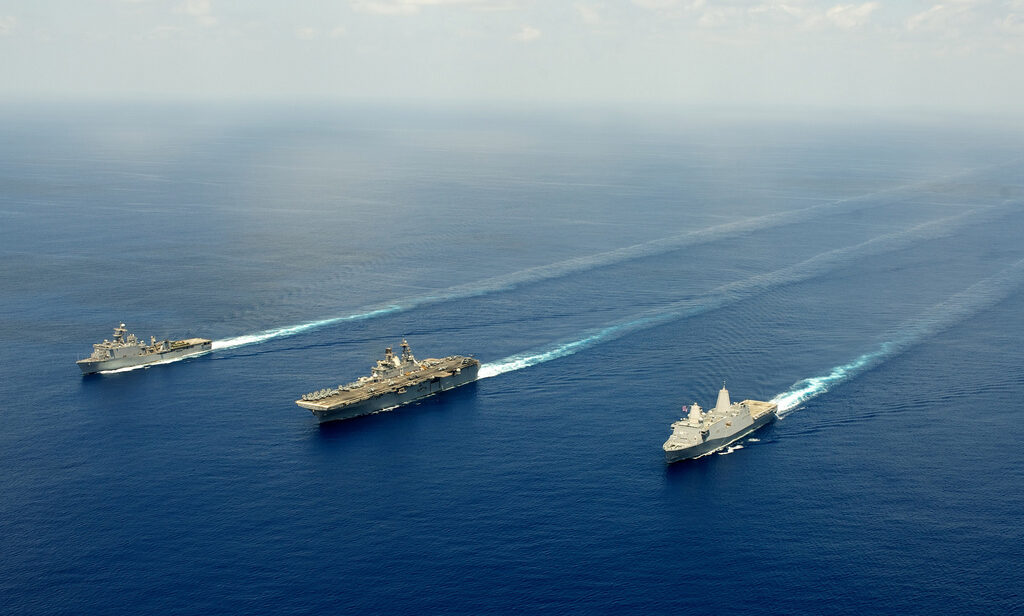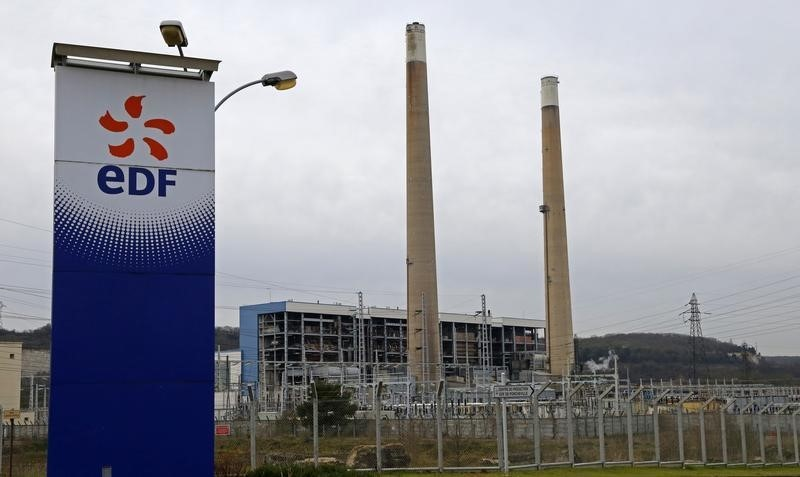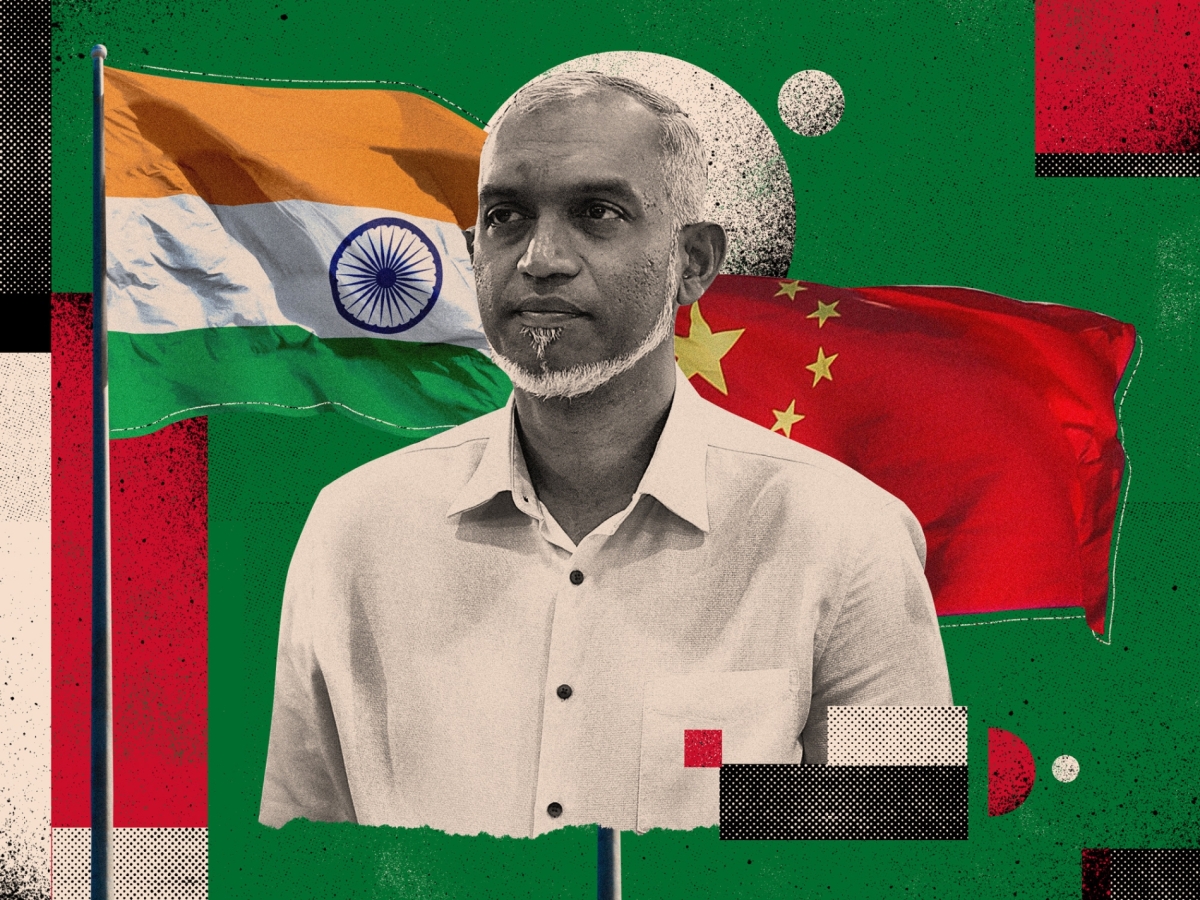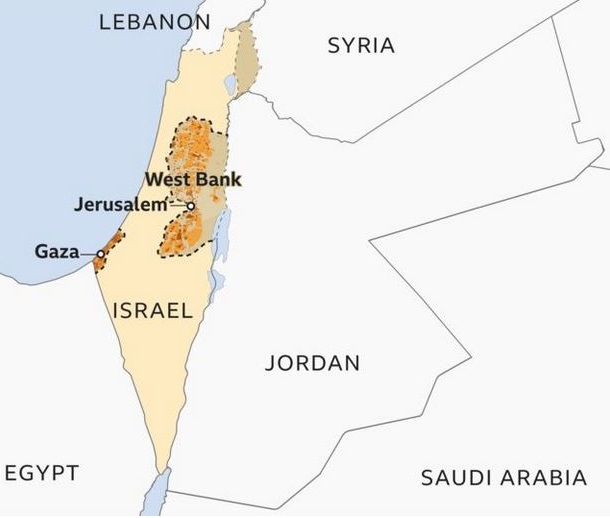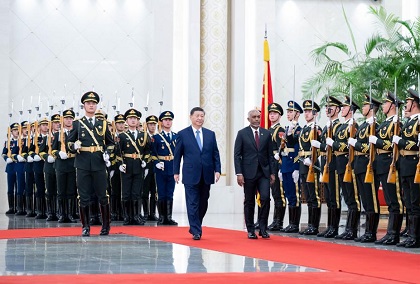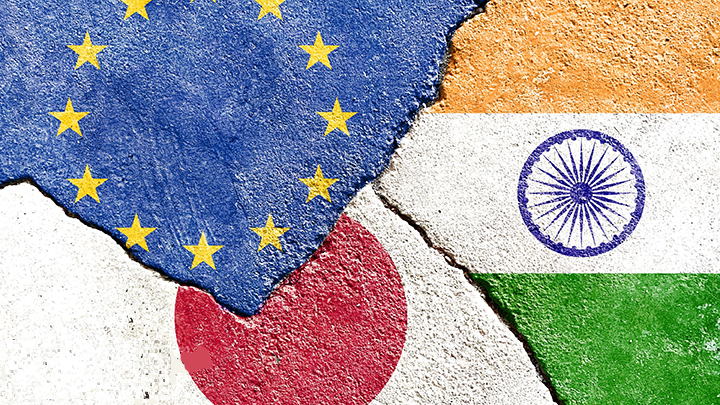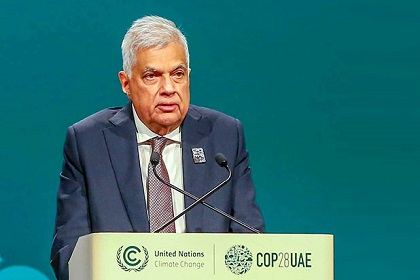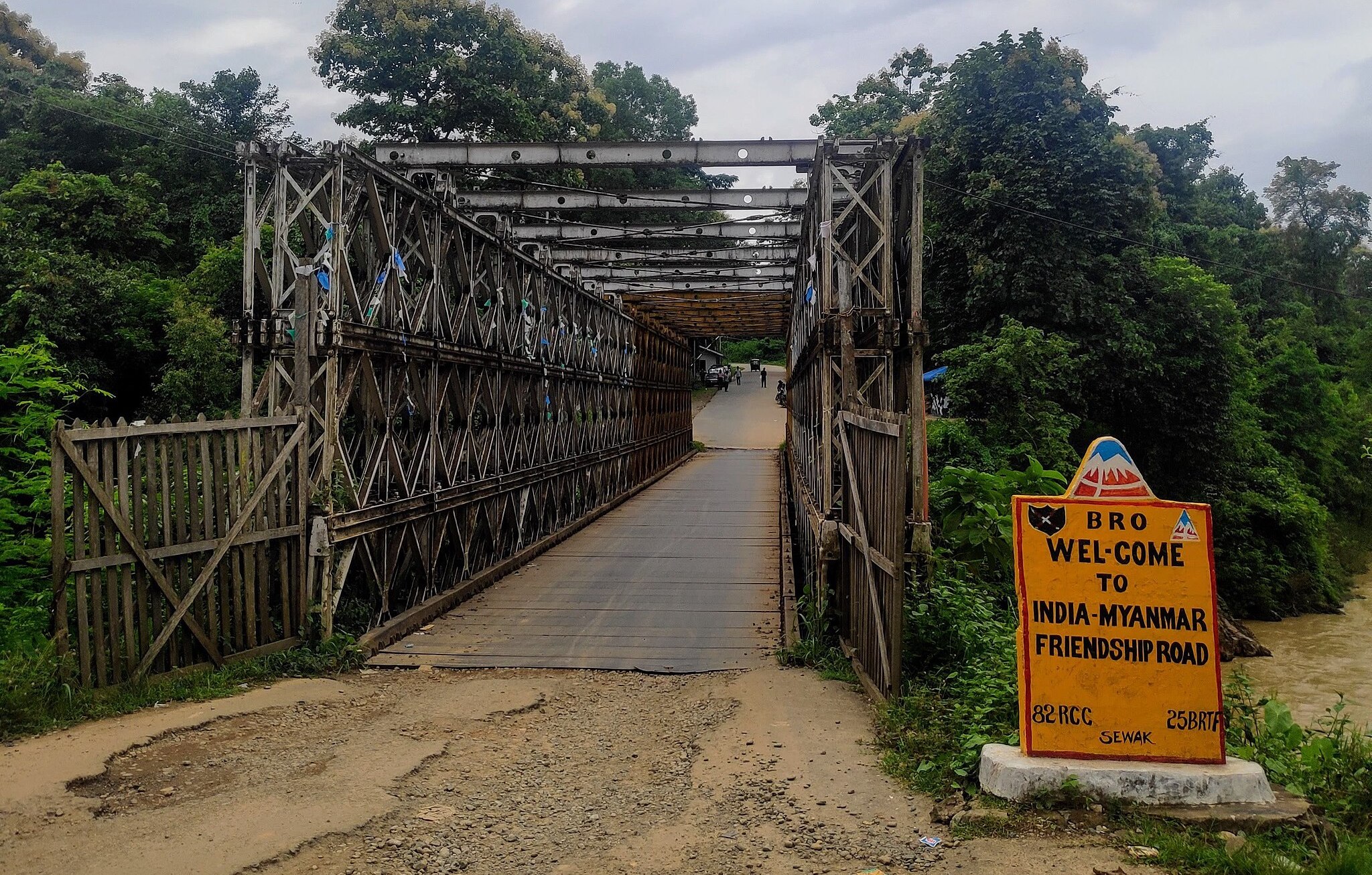India-France: the age of maturity
President Emmanuel Macron is the Chief Guest for India's Republic Day celebration. This comes six months after Prime Minister Modi went to Paris as the Chief Guest for France's Bastille Day. It marks a special continuum in the India-France bilateral, and the growing convergence of their respective visions which include a shared dedication to strategic autonomy, an understanding between friends, and the maturity of the bilateral.

